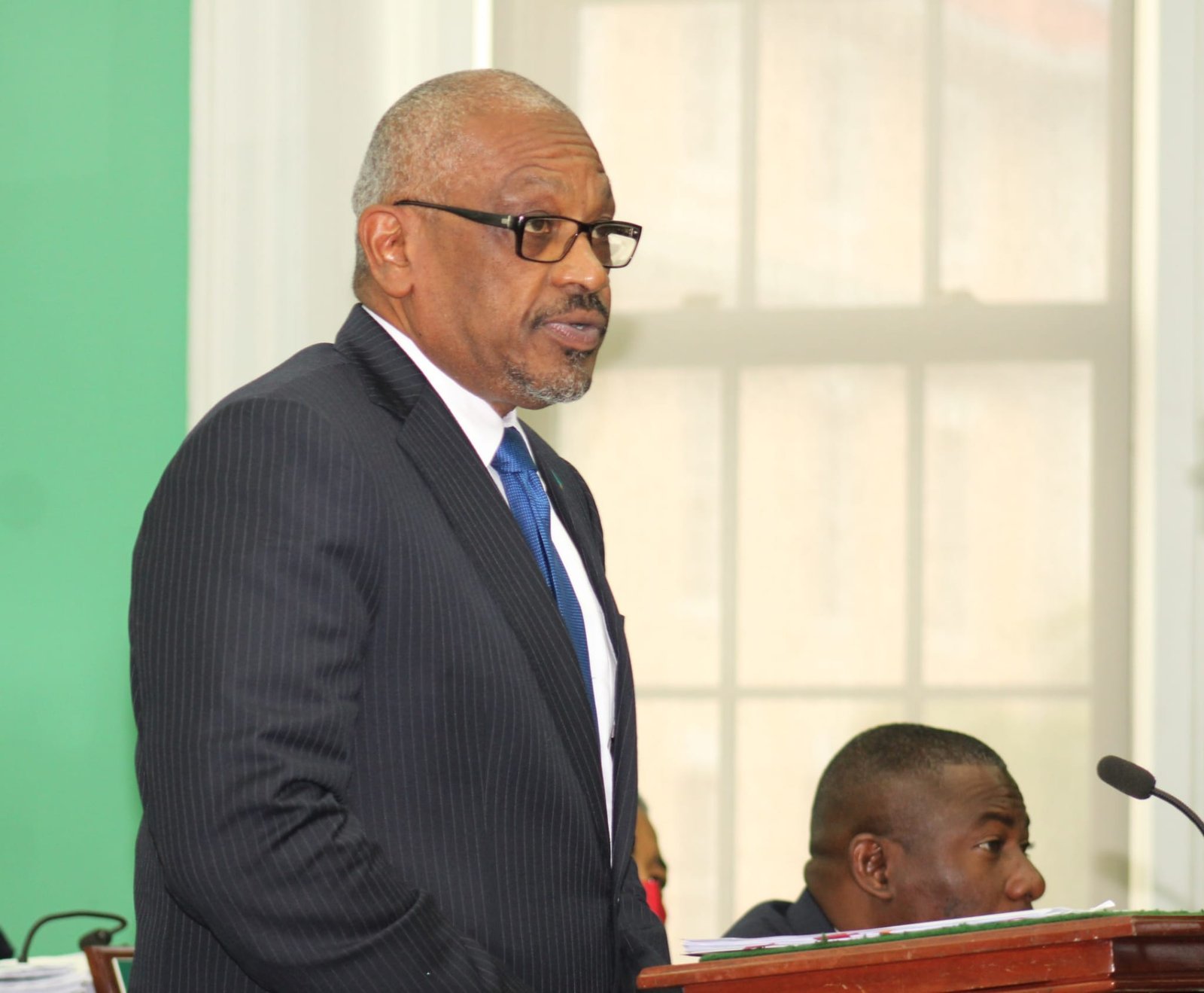“A testing lab to test the quality and consistency of products will position us as a world leader”
NASSAU, BAHAMAS — A local cannabis advocate yesterday hailed the Medicinal Cannabis Bill as a “good step” towards establish a medical marijuana industry in The Bahamas.
Terry Miller, head of the Bahamas Cannabis Research Institute (BACARI), told Eyewitness News: “I have a copy of the bill and the first thing I went to was the type of licenses and who could get the licenses. So far, [with] the type of licenses, they are right online except they missed out two licenses. The two they missed are security and dispensaries.

“Here we are talking about medicinal marijuana but not dealing with a very important feature, which is dispensaries. Are we going to allow pharmacies to sell medicinal marijuana? I don’t think so. A dispensary has to have its own license and own regulations.”
Miller added: “As it relates to security, while marijuana will be a controlled substance, there will have to be security for the farms. If you have an orange farm, people will steal, and you can imagine what will happen if you don’t have the proper security for a marijuana farm.”

Prime Minister Dr Hubert Minnis, speaking on the draft bill this week, said: “There is a clause in there, dispensary that would ensure that it’s not limited to just one group of individuals. We want to ensure that whatever is done is open for all individuals to participate and create new wealth, entrepreneurs, new ownership, etc. With the dispensary, Bahamians can participate — 100 percent ownership — without the involvement of pharmacists.”
The government’s proposed Medicinal Cannabis Bill, 2021, would establish an authority to lay out the framework of a medical marijuana industry in The Bahamas that would enable the licensed cultivation, importation, exportation, processing, transportation and research of medical cannabis.
The authority would be able to grant six licenses: a cultivation license to allow growing, harvesting, drying, trimming, curing or packaging of cannabis; an import license to allow for the import of cannabis seedlings and cannabis cuttings from any country in which it is lawful to do so; an export license to allow for the export of locally-cultivated cannabis, cannabis materials, cannabis products or medicinal cannabis to a country to which it is lawful to export; a manufacturing license to allow for processing and manufacturing of cannabis materials, cannabis products or medicinal cannabis; a research license to allow for the conduct of scientific research relating to the development of medicinal cannabis; and a transport license to allow for the transport of cannabis, cannabis materials, cannabis products or medicinal cannabis in The Bahamas. Engaging in any of those activities without a license would be a criminal offense.
Miller told Eyewitness News: “I like the fact that they say you have to be a Bahamian or a legal Bahamian company, which allows for joint ventures, which I can see happening. Also, a research lab is one thing but testing lab to test the quality and consistency of products is what will position us as a world leader.”






